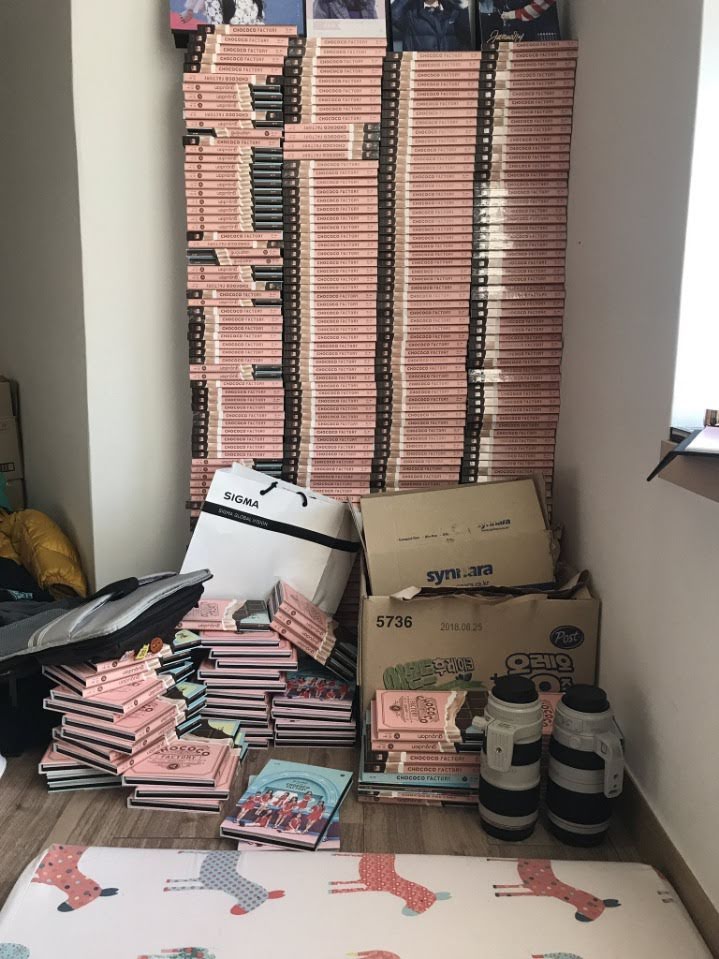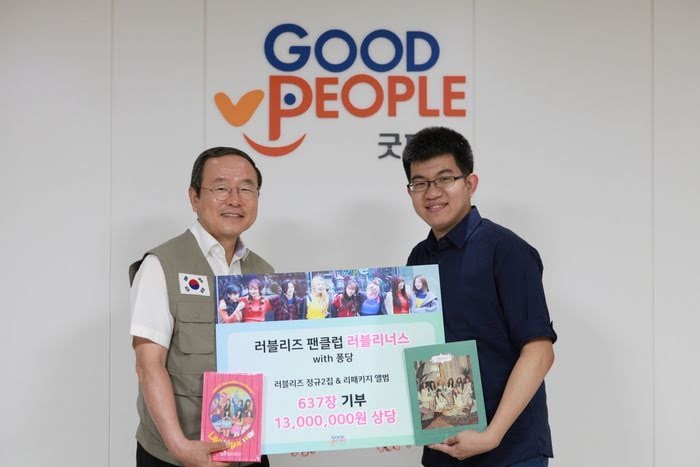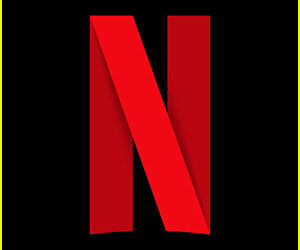JYP Entertainment Reveals Plans For No Longer Printing “Traditional” Physical Albums — Here’s Why Some Fans Hate The Idea
Would you accept these changes for the environment?

Physical K-Pop albums are a unique and important part of the way fans are able to support their favorite idol groups. Albums often consist of anywhere from 25 to 100 pages of photos, posters, and photo cards. As one can imagine, K-Pop albums often carry the risk of becoming landfill waste as bulk purchases (buying many copies of the same album) are prevalent.
Fans often buy multiple physical albums for a variety of reasons: to get different photo cards, to help bolster sales numbers of the albums, and for entry into fan signing events. A single fan sign can generate thousands of album sales, with some individuals repeat-buying upwards of 100 albums for a chance to talk to their favorite groups.

In the past, non-profit organizations in Korea have complained of fans donating “empty” (photocards and other internal content removed) and somewhat damaged albums in bulk as a way of “dumping” the albums. Often these fans will request donation certificates and press releases even though the albums are of little use to anyone that they are being donated to.

Despite previously saying that physical album sales trump a group’s success over digital sales, Park Jinyoung and JYP Entertainment have discussed plans for the groups under the company to replace physical albums with eco-friendly digital versions of the album that only come with photocards and use access codes for all other content.
During the 2021 JYP ESG Report released in early August 2022, Park Jinyoung discussed a variety of ways JYPE seeks to make an impact on the environment, including plans “to replace and reform the CDs of our artists.”
Other groups and companies already have begun implementing their own attempts at a more eco-friendly album. Victon released a version of their album that only came with photocards in early 2022, while HYBE has experimented with various digital versions of albums for their group, including J-Hope‘s solo album.
J-Hope’s eco-friendly album was met with mixed results as many fans complained that they prefer a physical album for their own collections. This is one problem fans of JYPE groups have with the company’s announcement as well as fans often take pride in completing their album collections of the artists they like.
Many fans also worry about the physical sales counts for the groups as well. Stray Kids, TWICE, and previously GOT7 all sold more than 1 million records under the label, while Stray Kids and Twice have both seen albums reach over 1 million pre-orders alone. Physical album sales help groups rank higher on worldwide charts including Billboard and influence awards won.
Many fans, however, value the state of the environment over album sales and see the changes as a positive. A reduction in album waste would be a step in the right direction, especially for a major corporation like JYPE, and set an example for other companies to hopefully follow, at least in a similarly eco-friendly direction.
Companies will hopefully figure out a way to have both eco-friendly and physical album options available and prevent bulk purchases of physical albums for fan events from happening.












Leave a Reply